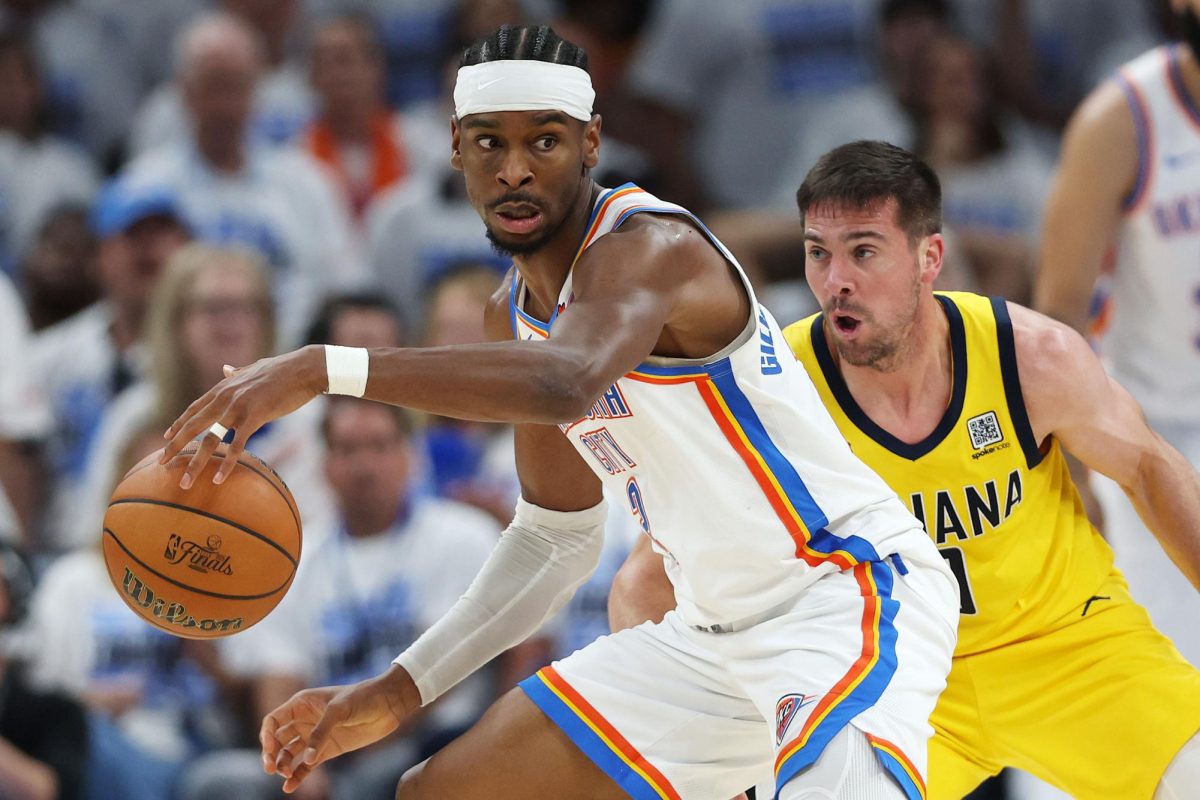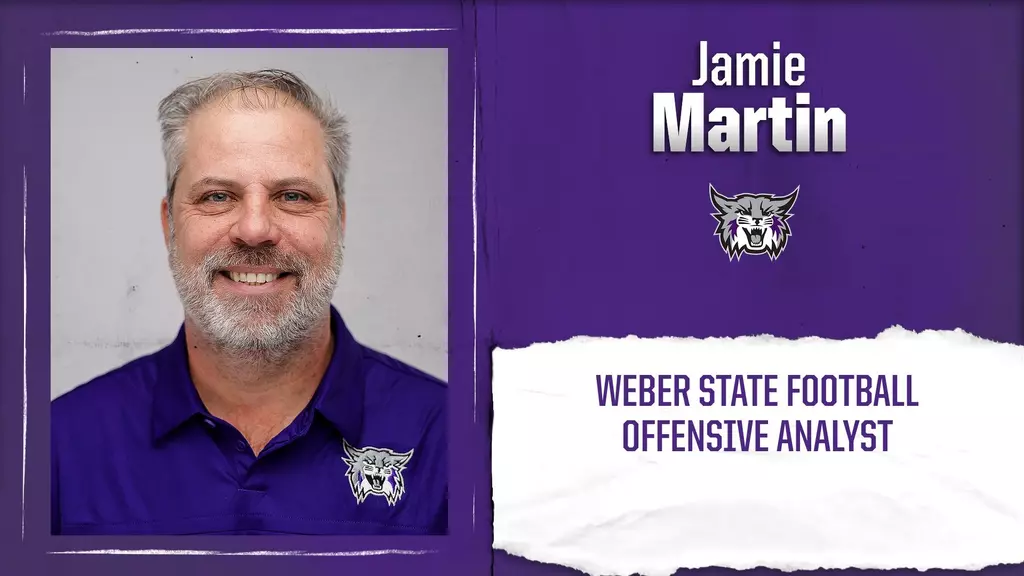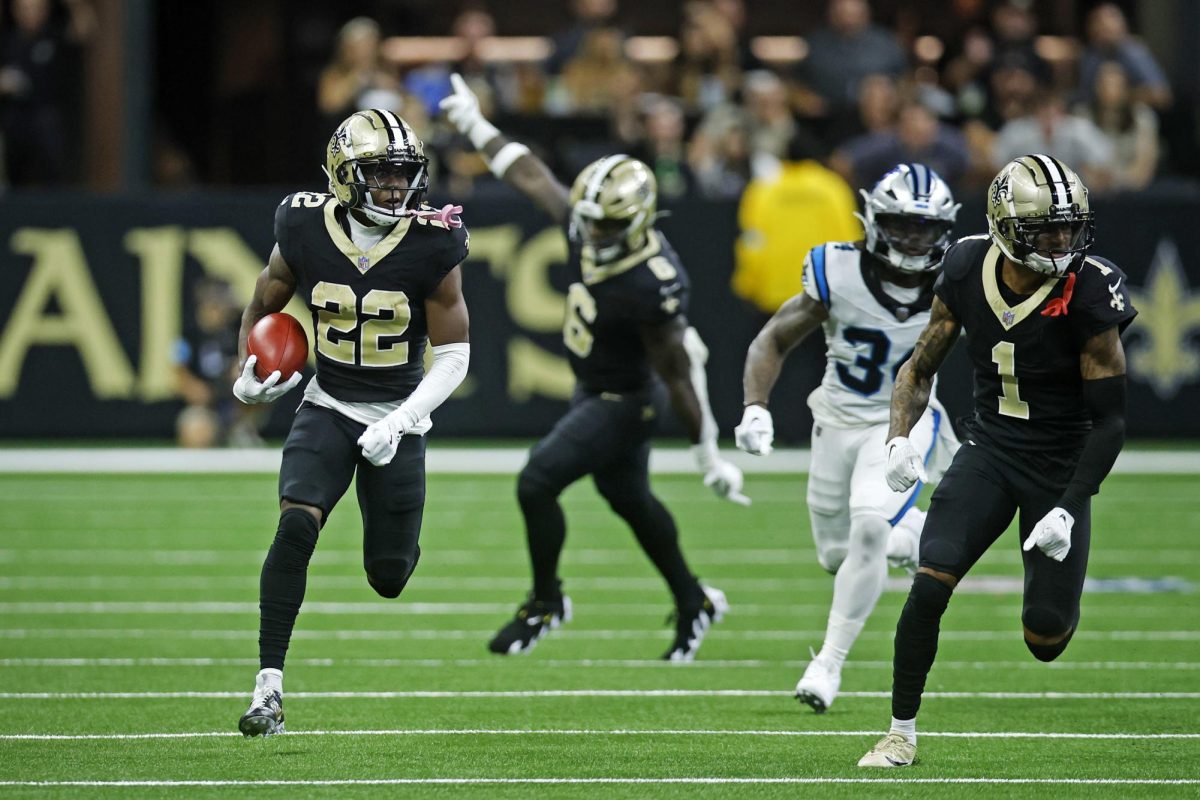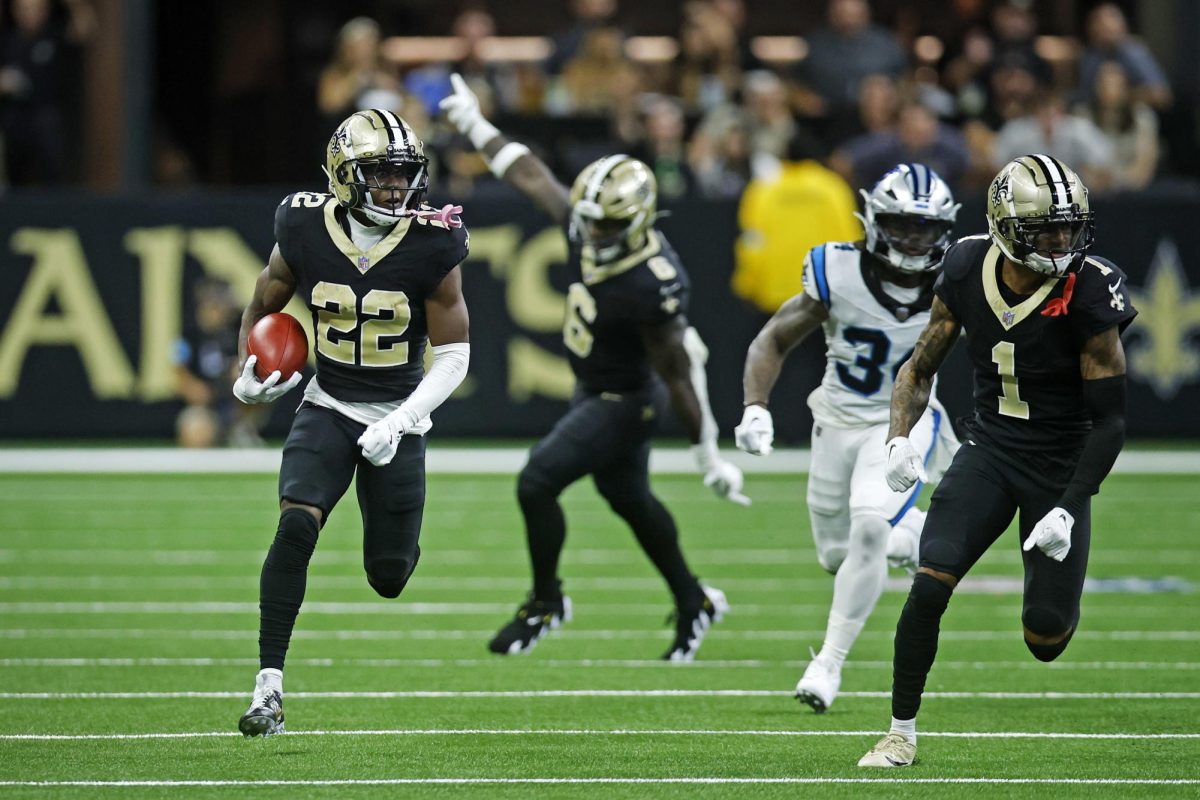For each March Madness game winner, there is another team that struggles to accept the reality of defeat.
On Sunday evening, the No. 2 Kentucky Wildcats lost a very close 75–73 battle to the University of North Carolina in the last game of the Elite Eight, ending their 2016–17 season.
After the game, freshman De’Aaron Fox of Kentucky let his emotions loose in the locker room with teammate Edrice “Bam” Adebayo.
“It was tough,” Fox told Kentucky Athletics. “We had a helluva season. We went through that stretch where we lost those games and everybody talked about how it looked like we didn’t care. This isn’t a locker room that looks like guys don’t care. I love my brothers. This is going to be difficult to get over.”

This is why I love college sports: The emotion, the pride, the passion.
When people ask “college or professional sports,” the answer comes to me easily: always college. Not that I dislike watching professional sports, but there is just so much more of an investment in college athletics.
Professional athletes are driven by the dollar, while college athletes are driven by passion.
One year, you can buy a jersey for your favorite professional sports player and the next year you won’t even be able to wear it because he or she jumped ship to a team offering a bigger contract.
Sure, college athletes are awarded scholarships, but that $28,000 for four years doesn’t even compare to the minimum National Football League salary of $450,000 in 2016.
To college athletes, participating in a sport is not about the money, it is a way of life.
Weber State women’s basketball senior Deeshyra Thomas was not afraid to show her emotional reaction after being defeated by Montana State in the quarterfinals of the Big Sky Conference Tournament.
“I am just really proud of my team and how we fought and battled the entire game,” Thomas said while fighting back the tears. “We left it all out there for our last game, and I appreciate them all for doing that because this was my last game.”

When professional athletes lose a game, sure they seem disappointed, but how can anyone feel truly defeated when they are making $23.3 million a season, which is how much NFL quarterback Andrew Luck makes.
On occasion, professional athletes display emotions that have been boiling under the surface for quite some time. Typically, those emotions involve a temper tantrum.
Like Carolina Panthers quarterback Cam Newton’s distasteful mood after his pitiful performance against the Denver Broncos in Super Bowl 50. In the post-game press conference, Newton responded to the media with, for the most part, one-word answers before exiting the press conference after being asked a question he wasn’t fond of.

He didn’t care – he was making almost $21.9 million on the field alone.
Win or lose, college athletes present themselves in a much more professional manner than the pros because pride and passion is all they are playing for.
They aren’t being paid to play in the March Madness tournament or a college football bowl game; they are there because they have put in countless hours of practice, weight training and studying all for the potential chance to call themselves champions.
When athletes play with their heart, and not their wallet, it leads to some of the greatest moments in sports.
All my life, I’ve argued with my dad on how professional sports were better, more competitive and more passionate than college sports.
“Emotion plays a big part in college sports,” he told me after the Kentucky loss. “That is why I always use to tell you how much more I liked watching college sports over professional sports. The athletes who are crying over a loss will soon sign million dollar contracts and never cry again because money ruins their passion.”
Now that I have grown up and realized college sports are so much more enticing, I guess I’ll bite my tongue, swallow my pride and admit my dad has always been right.


















